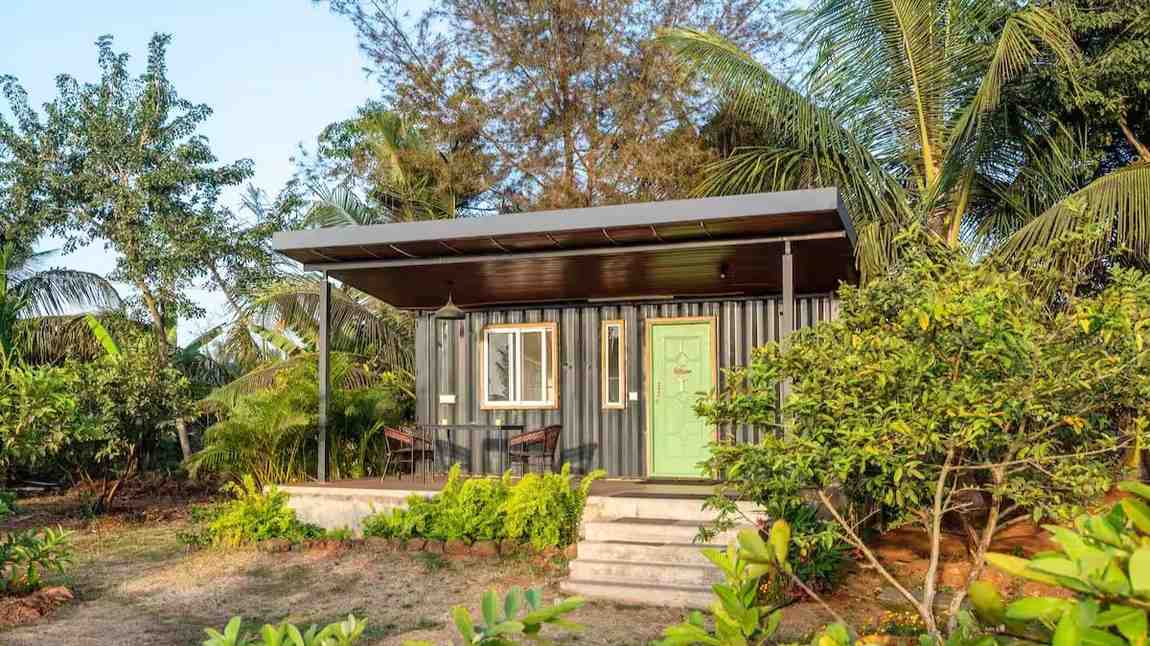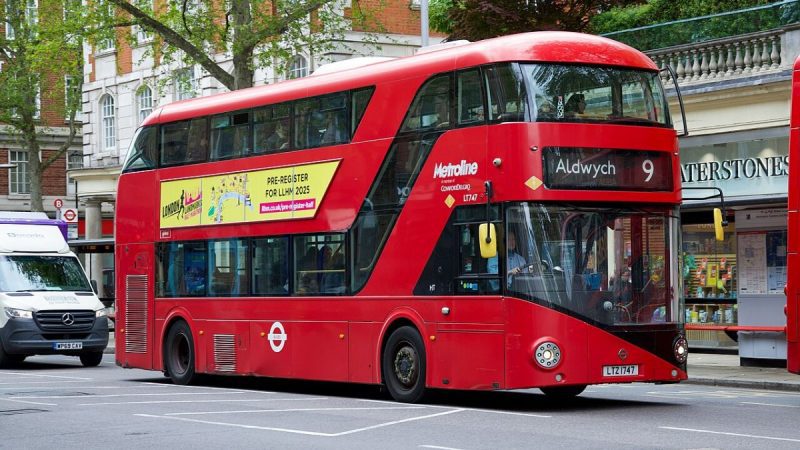London’s double-decker “Boris Buses,” a signature project of former Mayor Boris Johnson, is set to be phased out after just twelve years on the streets. Newly re-elected Mayor Sadiq Khan has announced a plan to transition London’s entire bus fleet to zero-emission vehicles by 2030, effectively signing the death knell for the gas-guzzling NB4L or “New Bus for London.”
Boris Bus: A Short-Lived Legacy
View this post on Instagram
In 2012, the “Boris Bus” was introduced with great excitement as a contemporary replacement for the cherished Routemaster, renowned for its open rear platform. Designed by award-winning architect Thomas Heatherwick, the NB4L boasted a sleeker aesthetic and improved accessibility features. Criticism plagued the buses from the outset.
Their higher operating costs and complex design compared to standard double-deckers raised eyebrows. Additionally, the much-anticipated return of the open rear platform, a distinctive feature of the Routemaster, never materialised due to safety concerns.
Health Benefits Of A Greener Bus Network
View this post on Instagram
A focus on environmental sustainability drives Khan’s decision to scrap the NB4L. The plan is to make all the buses in London zero emission by 2030. This ambitious plan aims to tackle London’s air pollution crisis, a significant public health concern. Replacing the diesel-powered “Boris Buses” with electric or hydrogen alternatives is a crucial step towards cleaner air for Londoners.
The move is likely to spark debate. Some will see it as the sensible removal of an outdated and expensive vanity project. Others may lament the loss of a bus designed specifically for London, arguing that the standard double-deckers lack the same character.
However, the potential health benefits of a zero-emission bus fleet are undeniable. Londoners with respiratory problems, particularly children and the elderly, stand to gain the most. The switch will also contribute to the UK’s overall commitment to reducing greenhouse gas emissions.
The future of the “Boris Bus” remains uncertain. Operators will retire or sell the vast majority of the facilities, while some may be retained for heritage purposes by others outside the capital. In the coming years, electric or hydrogen buses will lead London’s streets in undergoing a greener revolution.
Cover Image Courtesy: Wikimedia Commons
For more such snackable content, interesting discoveries and the latest updates on food, travel and experiences in your city, download the Curly Tales App. Download HERE. First Published: May 13, 2024 12:59 PM




